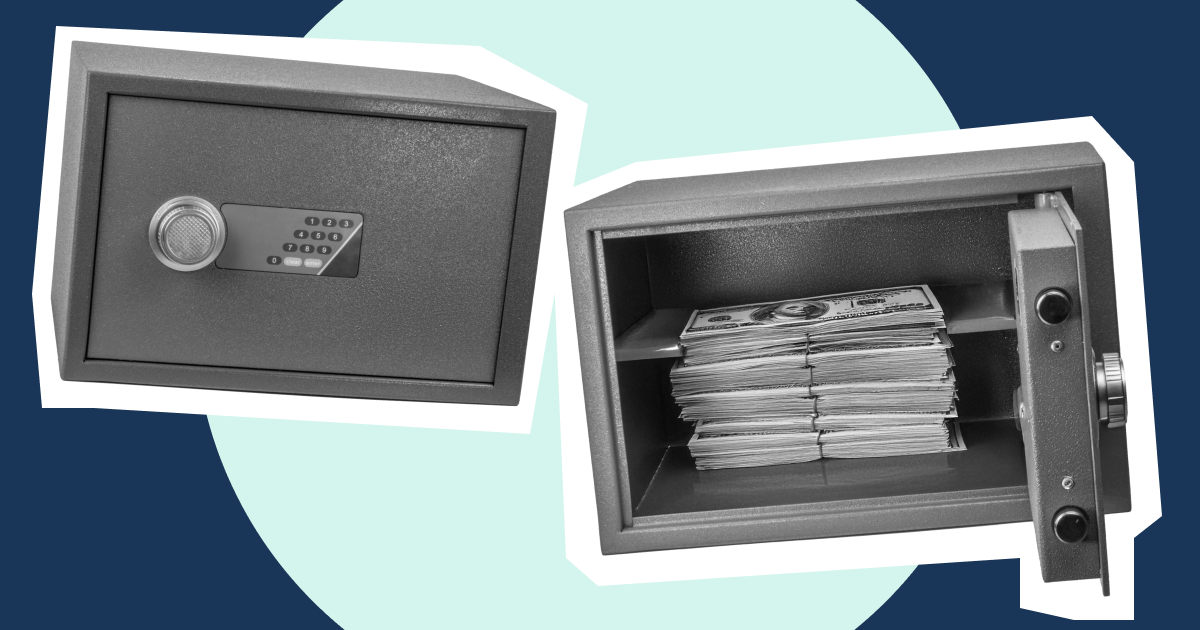Summary
Applying for a loan as a small business implicates more risk for the lender, whether it is a bank or a private lender, compared to applying for a personal loan. As a result, it has stricter eligibility criteria and more requirements to qualify for small business loans. At times, even longer and more complicated applications. In general, there is a range of documents and financial details that you will need to submit to the lender as part of the loan application. Read on to find out what are the 7 most common requirements for you to qualify for small business loans.
7 Most Common Requirements to Qualify for Small Business Loans:
1. Credit Score
As a small business owner, especially newly established businesses, lenders would take a look at your personal credit report when you apply. A good credit score determines much on whether or not you are going to get the loan approved. If your business has been there for quite a while, lenders will probably need to see your company's credit report as well.
Psst... We have an article on 4 easy ways to improve credit score fast in Singapore.
2. Age of Business
For small businesses, most lenders will only accept those who are already at least 6-12 months in the business. Even better, some lenders like Aspire only requires the business to be at least 3 months old to qualify for the loan.
3. Monthly Revenue
Most business loans require annual revenue. However, as a newly established small business, you will need to provide monthly revenue from the previous 3-6 months. There is a minimum amount of monthly revenue that should be generated, depending on the requirements of each lender.
4. Collaterals
This only applies if you are applying for a secured business loan. Lenders would need to identify an asset, could be inventory, equipment or real estate, that could be used to back the loan against default. Lucky for you, if you apply for loans with Aspire, you will not need to provide any collaterals as we offer unsecured loans.
5. Purpose of Loan
There will be a requirement to specify exactly the intention of borrowing the money, why you need the money and how are you going to spend it? Though there are other factors that contribute to the credit limit granted, the purpose of the loan takes a big role in deciding the amount that will be given.
6. Net Operating Income
Aside from the mentioned point in #3 (monthly revenue), some lenders will need to ensure that you can meet repayment requirements. Hence, there might be a need to look for a total income that is at least a few times greater than the total expenses.
7. Personal Credit
Especially for newly established small businesses, some lenders will consider if you have too much personal credit. It is a huge risk to lenders if you have too many debts from your credits as you could turn to that credit if your business runs out of money.










%201.webp)


.webp)